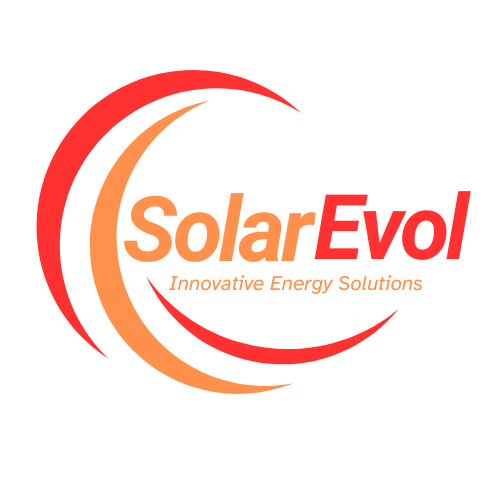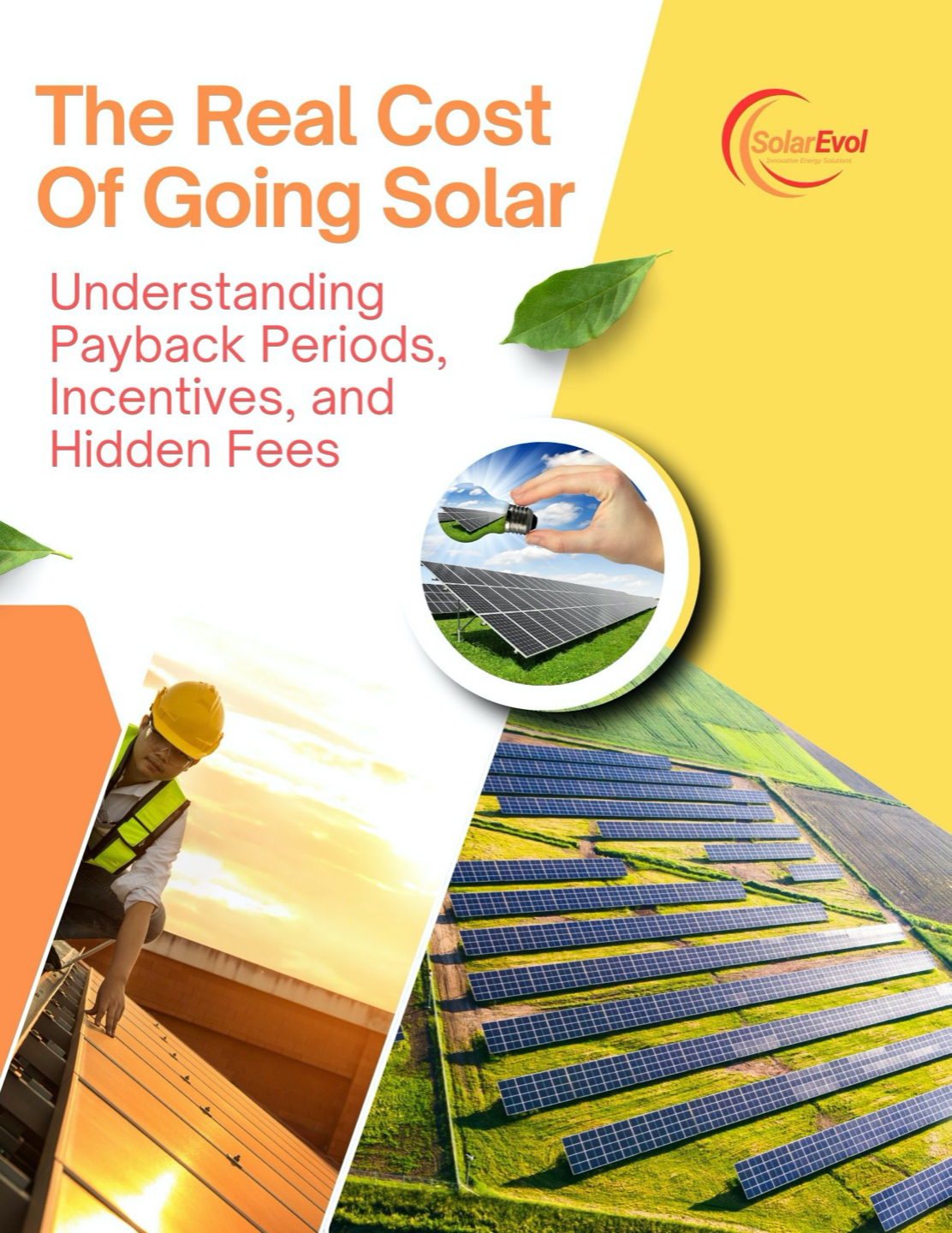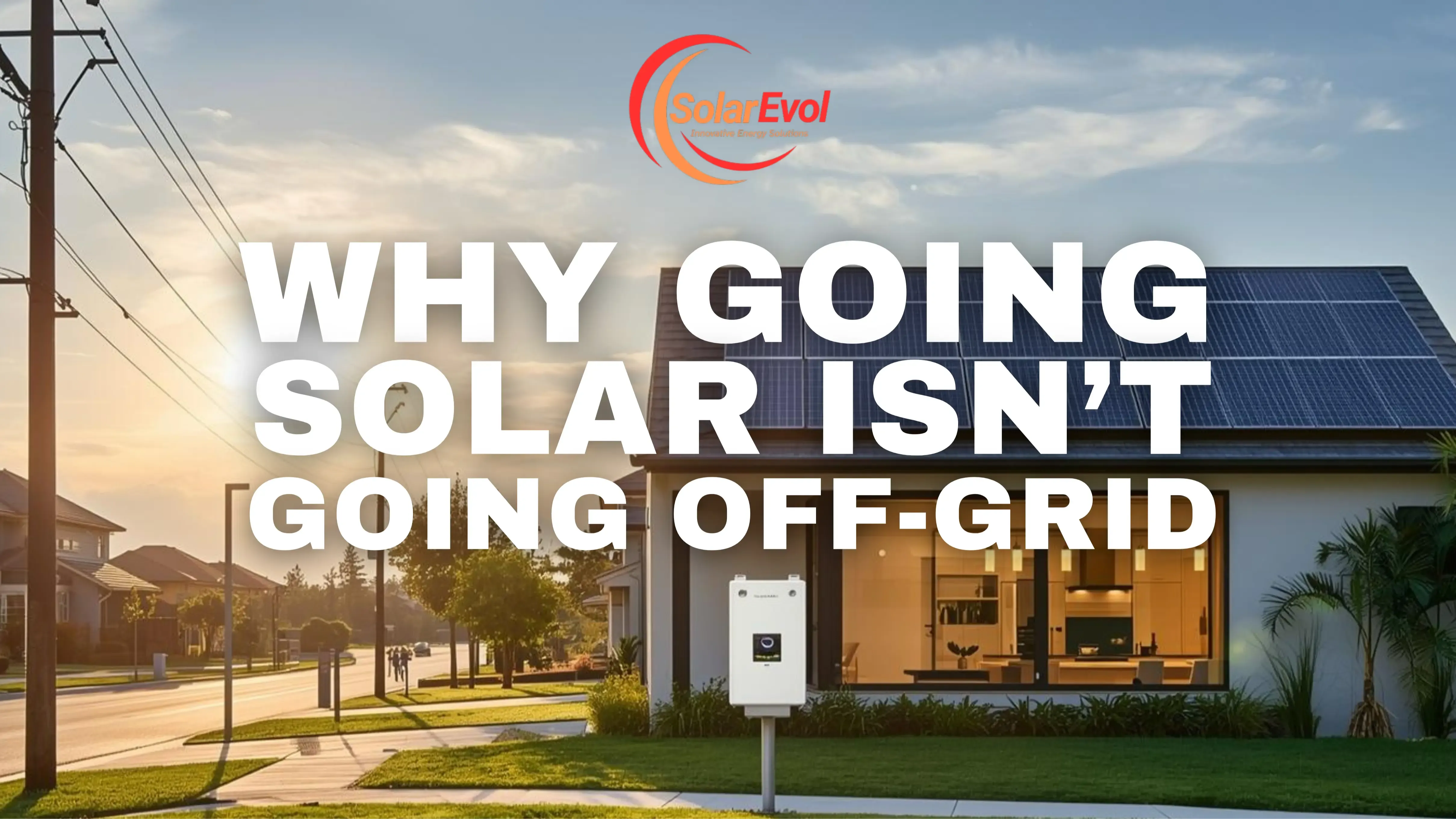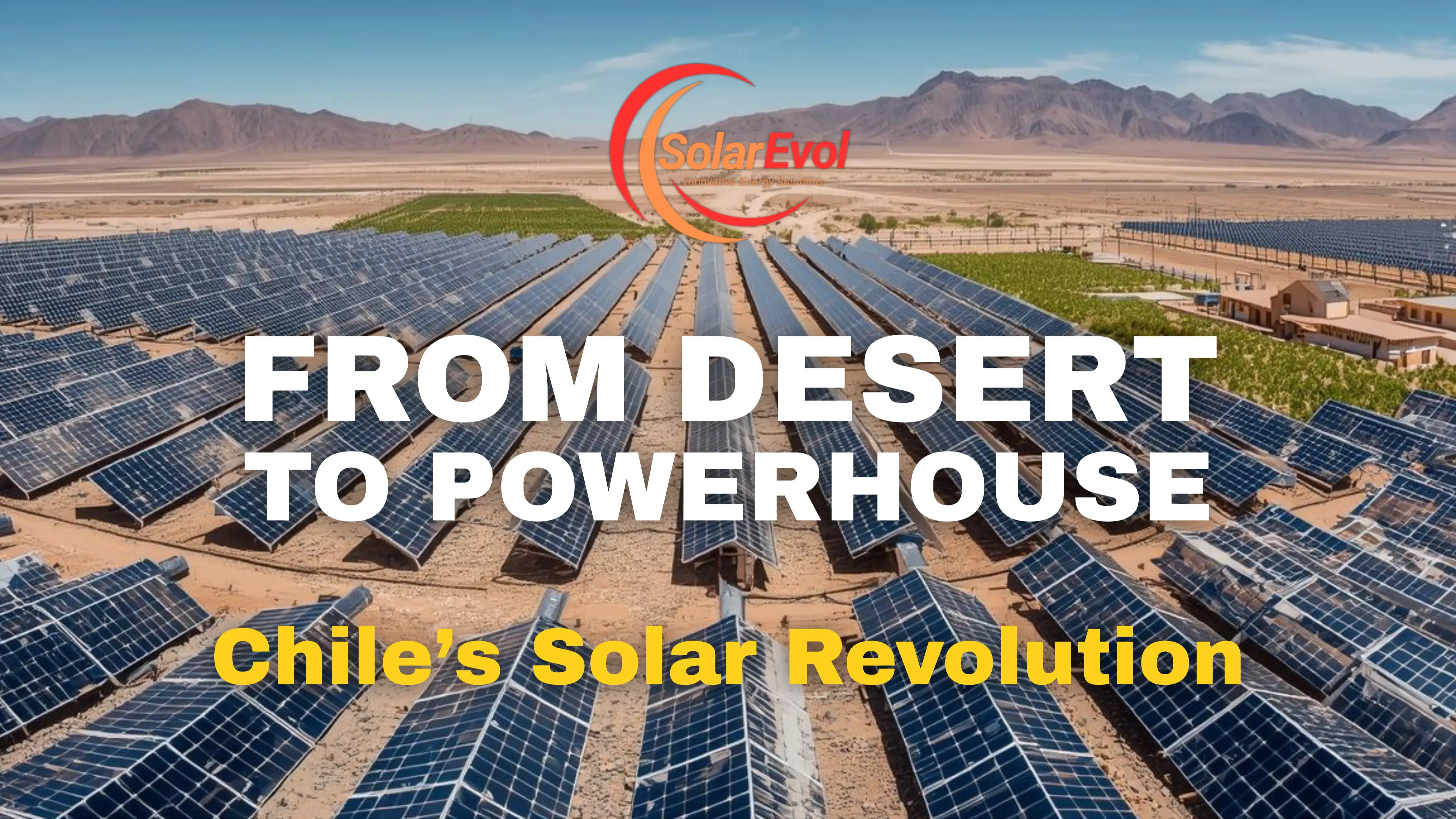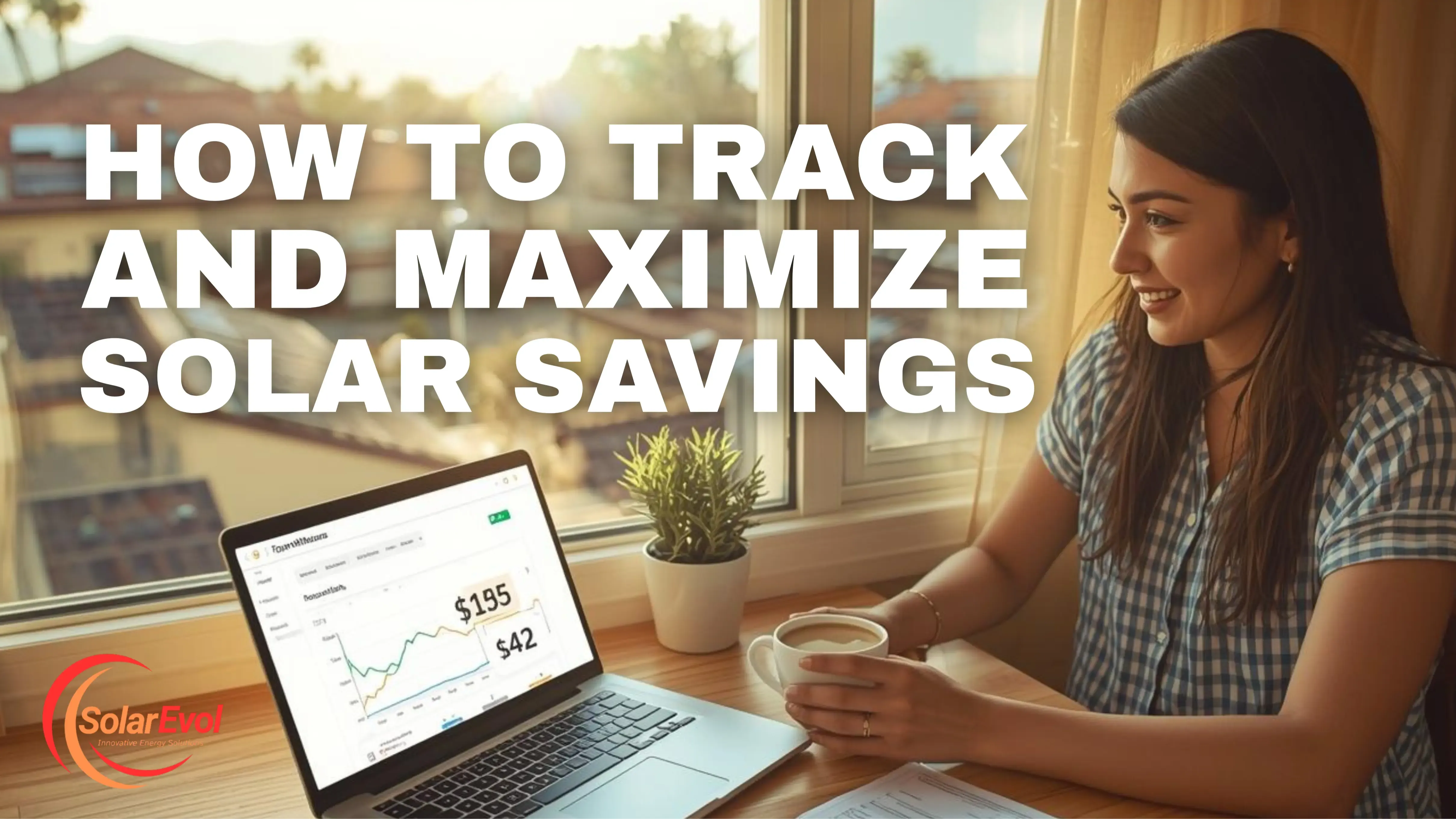
10 Questions to Ask Before Going Solar
Jun 18, 2025Checklist: 10 Questions to Ask Before Going Solar
Alex sat surrounded by brochures and web printouts about solar panels, feeling equal parts excited and overwhelmed. Going solar sounded like a brilliant idea, but where to begin? They had questions racing through their mind about costs, panels, and whether their home was even right for solar. With a sigh, Alex murmured, “I wish I had a guide… a superhero to help me choose solar wisely.”
Suddenly, a streak of golden light flashed outside the window. Alex looked up to see Photon Blaze, one of the legendary Solar SuperHeroes, hovering just above the yard. Clad in a radiant suit with a sun emblem glowing on his chest, cape fluttering in the solar breeze, Photon Blaze landed gracefully. “Did someone call for a solar savior?” he asked with a friendly grin. His arrival was as timely as a sunrise, and Alex couldn’t help but smile in relief.
Photon Blaze listened as Alex explained the confusion: the dozens of questions, the conflicting information from sales pitches, and the fear of making a wrong move. With a confident nod, the solar hero said, “No worries, citizen. Even the brightest among us start with questions. In fact, the right questions are your greatest power when embarking on a solar journey.” He patted a stack of papers on the table, which promptly began to glow. With a wave of his hand, Photon Blaze projected a holographic checklist into the air, each item shining like a tiny sun. “Let’s tackle this together. Here are ten crucial questions to ask before going solar. Consider this your Solar SuperHero Checklist.”
Solar SuperHero Checklist: 10 Questions to Ask Before Going Solar
-
Why do I want to go solar? – Identify your main motivation for going solar. Are you looking to save money on electricity, gain energy independence, increase your home’s value, or help the environment by cutting carbon emissions? Knowing your “why” will guide all your other decisions. (For many homeowners, saving on electric bills is a big draw – solar can significantly cut monthly costs and even let you earn credits through net metering in some states blueravensolar.com.)
-
Is my home a good candidate for solar panels? – Look at your roof and location. A home with a sunny, unshaded roof (ideally south-facing in the northern hemisphere) is perfect for solar blueravensolar.com. Check your roof’s condition and age – if it needs repairs or replacement soon, address that before installing panels. Also consider if you have space for ground-mounted panels as an alternative. In short, plenty of sun + a sturdy, shade-free roof = a great solar-ready home.
-
Do I use enough electricity for solar to make sense? – Review your electricity bills to understand your energy usage. If your monthly bill is relatively low, solar might take longer to pay off. A common rule of thumb is that a power bill over about $75 per month indicates you’ll see worthwhile savings from solar blueravensolar.com. The more electricity you use (and the higher your utility rates), the more you stand to benefit by generating your own power.
-
How much will going solar cost? – Get a handle on the upfront price of a solar installation. Costs can vary by system size and location, but a typical home solar system (enough to cover most of an average household’s usage) often costs on the order of $20,000 to $30,000 before incentives. In fact, the average 11 kW residential solar setup in 2025 runs about $29,360 pre-incentive, or roughly $20,552 after the federal tax credit energysage.com. Your actual quote will depend on your energy needs, roof, and equipment choices. Many installers provide free estimates, so you’ll know the cost before you commit.
-
What financing options do I have? – You don’t have to pay for solar all at once. Explore whether it’s best to buy or lease your solar panels. Purchasing (either cash or via a solar loan) means you own the system and reap all the financial benefits, including incentives. Loans often require no money down and monthly payments that replace your electric bill with an asset you’ll own. Leasing or power purchase agreements (PPAs) may let you go solar with little upfront cost, but you’ll typically save less in the long run since a third party owns the panels blueravensolar.com. Consider your budget and how each option impacts savings, then choose the financing plan that empowers you the most.
-
What incentives or tax credits can I get? – Take advantage of programs that make solar more affordable. The biggest one is the Federal Solar Investment Tax Credit (ITC), which as of 2025 gives you 30% of your system cost back as a tax credit energysage.com. (For example, a $20,000 system could yield a $6,000 credit on your taxes.) Many states, cities, and utilities offer additional incentives like rebates, performance payments, or sales and property tax exemptions. Research what’s available in your area – these incentives can significantly lower your net cost to go solar.
-
How much will I save, and what will happen to my electric bill? – Ask installers for an analysis of your projected savings. A properly designed solar array can greatly reduce or even virtually eliminate your monthly electric bill. You’ll still be connected to the grid in most cases, so you might pay a small basic fee, but the goal is for the solar panels to cover the bulk of your usage. With net metering, excess energy you produce can earn you credits on your bill blueravensolar.com. Over the long term, savings can really add up – most homeowners save tens of thousands of dollars over the life of the system energysage.com. In fact, the average solar setup pays for itself in around 7 to 8 years energysage.com, after which your power is essentially free! Knowing the payback period and 25-year savings estimate will help you see the value clearly.
-
What type of solar panels and equipment should I get? – Not all solar equipment is identical. There are different solar panel brands, with varying efficiencies and appearances (sleek all-black panels vs. bluish ones, for example), but all quality panels will reliably turn sunlight into power. Don’t forget the inverter – it’s the device that converts DC power from panels into AC power for your home, and it can be string inverters or micro-inverters. Discuss panel options with your installer; reputable companies will offer high-quality, up-to-date panels and inverters suited to your needs blueravensolar.comblueravensolar.com. Also ask about add-ons like monitoring systems or battery storage if you’re interested in backup power. In general, choose a setup that balances performance and cost, backed by good warranties.
-
How long will my solar panels last, and what maintenance is needed? – Solar panels are a long-term investment, built to last 25 years or more. Most panels carry performance warranties guaranteeing about 80–90% of their original output after 25 years integratesun.com, so you can expect decades of service. Inverters may need replacement sooner (often after 10-15 years, depending on type), but many come with 10+ year warranties. As for maintenance, solar panels require very little day-to-day care – they just sit there and soak up sun! Every so often you may need to rinse off dust or debris to keep them operating at peak efficiency, though rain does a lot of the cleaning for you. Aside from occasional cleaning and maybe an annual system check, you can largely “set and forget” your solar panels while they generate power for years to come.
-
Which solar installer should I choose? – Choosing a trustworthy solar company or contractor is critical. Look for installers with a solid reputation: strong customer reviews, proper certifications, and many years of experience in your area blueravensolar.com. A good solar provider will be transparent, answer all your questions (not dodge them), and won't resort to high-pressure tactics. It’s wise to get a few quotes and compare not just price, but also the quality of equipment, warranties, and the company’s track record. Ask friends or neighbors with solar about their experience. Your solar installer will ideally be a long-term partner – they should be there to support you for the life of your system, handling any maintenance or warranty claims that arise. In short, pick a solar hero you can trust to be by your side on this journey.
A Powerful Conclusion and Takeaway
As the holographic checklist faded, Alex felt a surge of confidence. “Ten questions, ten answers, and a world of clarity,” they thought, smiling at Photon Blaze. “Thank you! This was exactly what I needed.” The Solar SuperHero gave a humble shrug. “Every hero starts with the basics. By asking the right questions, you’ve already taken the first step toward a brighter, empowered future.” He pointed to the solar brochures, which no longer felt confusing but instead like opportunities waiting to be seized.
The strong takeaway? Going solar doesn’t require x-ray vision or super strength – just a bit of knowledge and the courage to ask questions. Empower yourself with information just as Alex did. Whether it’s understanding your energy needs, finances, or finding the right installer, each question you ask is like a ray of light guiding you forward. With this checklist in hand, you have the tools to make a wise solar choice and become a hero for your home and the planet. Now go forth and let your home shine – the Solar SuperHeroes will be cheering you on every step of the way!
Stay connected with news and updates!
Join our mailing list to receive the latest news and updates from our team.
Don't worry, your information will not be shared.
We hate SPAM. We will never sell your information, for any reason.
